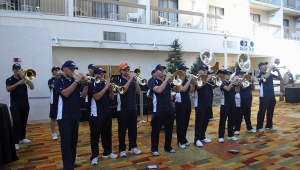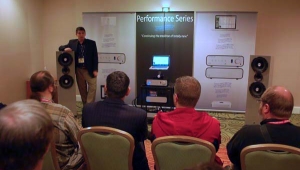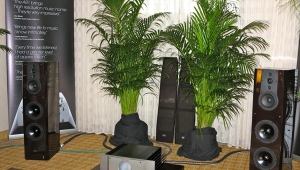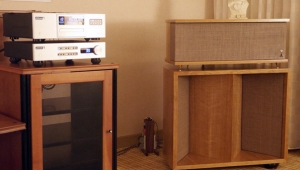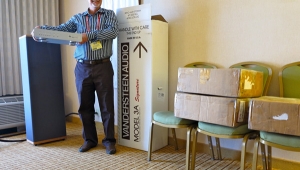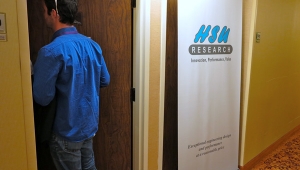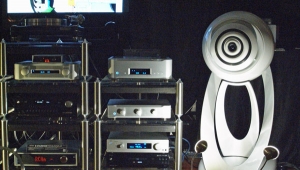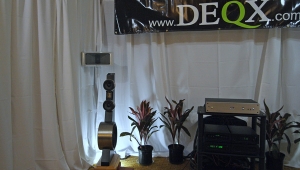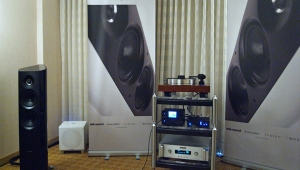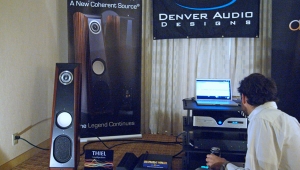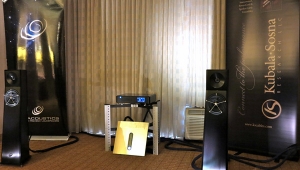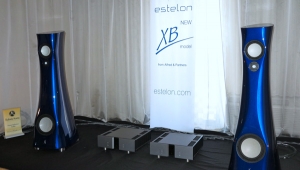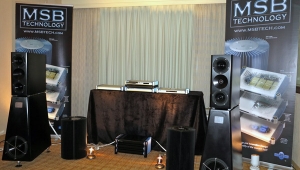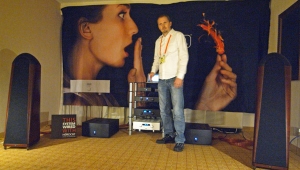| Columns Retired Columns & Blogs |
I'm glad to hear this subject getting serious attention and it really begs the question of what ideals we are moving toward in our pursuit of better sound. Certainly at some level, improvements are fairly obvious in terms of resolution and detail. As we move up the price/performance ladder however, these differences become harder to hear or more compellingly; harder to categorize, or define as actual improvements.
If there aren't really agreed upon and achievable ideals, it could be argued that the differences between, say an Audio Research preamp and a Conrad Johnson of similar provenance become mere matters of preference. This might seem self-evident in a capitalist based audio industry and is really Stereophile's raison d'être, but I would hazard to guess this isn't at all what the individual audiophile is really working toward. While we all rage and delight in the many roads we are taking to audio nirvana, I get the sense as I talk to my fellow 'philes that if somehow the perfect audio system could be devised and was reasonably affordable, every other company would soon go the way of the buggy whip.
The point is this: Without real, knowable, measurable and agreed upon ideals, a perfect system isn't even possible. My humble perspective on the high end has long been that if it sounds good to you, follow your bliss; and if you can't hear a difference, don't spend the extra money. The reality seems to be that the best we can do, even with a live recording, is to recreate the master tape (no small task or insignificant goal). Even then, we are really just capturing the colorations and distortions of the recording chain as well as limitations based on microphone placement and finally the mixing and mastering choices of the engineers and producers. In the end, our knowledge of sound reproduction, how to effectively measure it and how humans interact with it are incomplete at best. So we are essentially told that everything matters. And the quest continues.
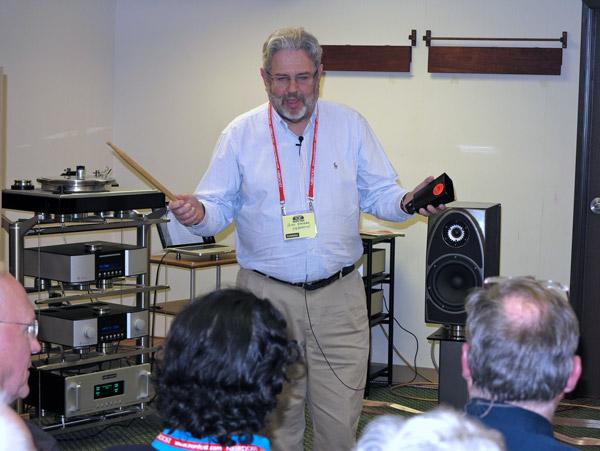



 )
) )
) for even trying.
for even trying.
